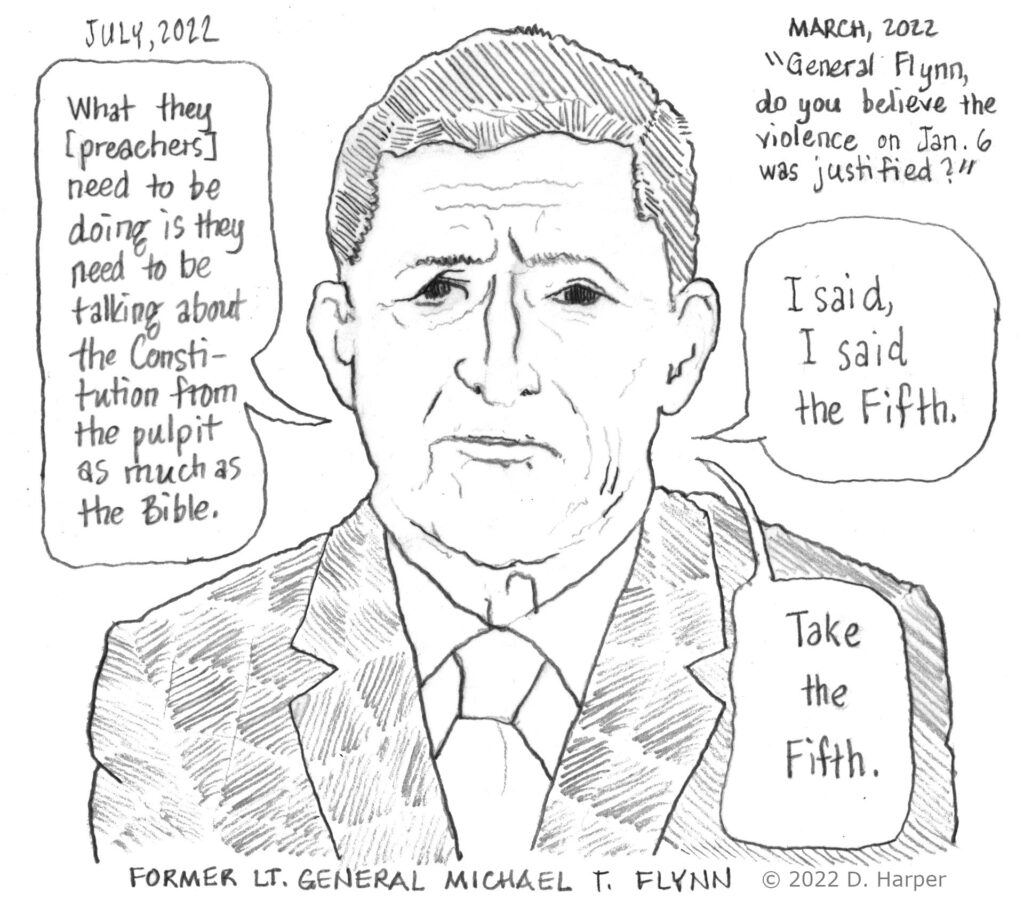It’s long past time for the Unitarian Universalist Association (UUA) to revise the Principles and Purposes section of the UUA Bylaws. The first post on this blog — way back in 2005, when this blog was hosted on AOL — was a critique of the seven principles. So I’m glad that the Article II Commission is working on a revision of the principles and purposes.
With that in mind, I’ll take a look at the draft version of the new Article II, and point out the things that drew my attention.
Section C-2.1 ends with this sentence: “We will transform the world by our liberating love.” I’m not sure what it means, especially the phrase “liberating love.” For me, using the word “love” implies a kind of post-Christian liberation theology. I’m fine with liberation theology. But as a Universalist myself, I’d prefer the phrase “universal love.”
Section C-2.2 begins by stating, “Love is the enduring force that holds us together.” I tend to agree with that, since I trace my religious roots back to the teachings of Jesus. However, I wonder what UU Buddhists think of this — Buddhist teachings tend to be centered more on compassion than love. And what about UU Hindus, and UU Jews, and UU Pagans — does this seem Christian-centric? I don’t know.
Section C-2.2, second paragraph continues with the assumption that covenant is central to Unitarian Universalism. This was a grounding assumption of the old Principle and Purposes as well. But the importance of covenant is a fairly recent historical interpretation, promulgated by historian Conrad Wright in the mid-twentieth century. As history, Wright’s arguments are problematic. So I read Wright’s arguments for the centrality of covenant, not as history, but as mid-twentieth century theology. I feel that covenant-as-theology is showing its age, and needs rethinking.
Section C-2.2, third paragraph includes a diagram. If you want to include a visual, it should be at least as well crafted as the text. This is not a well-crafted visual (using Microsoft Word to create a graphic does not constitute a high level of craft). I used to have a side-hustle as a graphic artist, so I find poorly-done visuals especially annoying. Before this draft goes any further, someone who has some actual visual training needs to create a decent graphic.
Section C-2.2 statement on justice: I’m glad that racism is named explicitly. I’m troubled that sexism isn’t explicitly named, given that clergy sexual misconduct and sexual harassment in our congregations continues to be a major problem. Nor is ableism named, nor is heteronormativity named, nor is… well, you get the idea.
Section C-2.2 statement on generosity: I’m not against this in principle. But the statement as it is worded comes off sounding like the UUA is softening people up to give more money. Needs to be rewritten.
Section C-2.2 statement on evolution: I completely disagree that this should be included as a value. Evolution is more properly a scientific concept. As a value, evolution is a product of European colonialism, where the scientific concept was perverted to mean that European civilization was higher and better than all the non-European “savage” and “heathen” cultures. So any application of “evolution” to social science concepts is, to me, immediately suspect.
Section C-2.2 statement on pluralism: This is not bad for a draft statement. It’s perhaps the best thing in the whole document.
Section C-2.2 statement on equity: I’m not sure how this adds much to the statement on justice. There’s probably something important here, but revision is needed.
Section C-2.2 statement on interdependence: This is not too bad. As is typical with Unitarian Universalists, however, this statement makes humans seem somehow separate from the interdependent web. There’s an easy fix for that, though — reword the statement something like this: “We honor the sacred interdependent web of all existence, which includes all human relationships, the relationships of all living beings, and the relationship of living beings to non-living matter.”
Section C-2.3 is a vast improvement on the so-called “six sources” of the present principles and purposes. I would however remove the phrase “we draw upon, and are inspired by, the full depth and breadth of sacred understandings,” for two reasons. First, there are sacred understandings that we as Unitarian Universalists find reprehensible. Second, this smacks of colonialism, where colonial powers felt they could appropriate any religious tradition for their own uses; I feel this phrase gives tacit permission to Unitarian Universalists to do that kind of religious misappropriation. The second sentence is all that’s needed here.
Section C-2.4 is quite good. It could replace the statements on justice and equity in Section C-2.2.
Section C-2.5 is half good. The last sentence should be dropped. This is the kind of sentence that can too easily be warped and weaponized. Plus, it simply isn’t necessary, given all that has gone before.
What’s missing: The big thing that’s missing in this draft of Article II is any statement in support of democracy. This, when many parts of the world seems to be heading in the direction of fascism.
This is a deal-breaker for me. I can put up with poorly-drawn diagrams, I can put up with outdated mid-twentieth century covenant theology — but I could not, in good conscience, vote for a statement that does not explicitly support democracy.
Update 1/22: In this comment on another post, Susan wishes that the Article II revision specifically named patriarchy as something we oppose.

